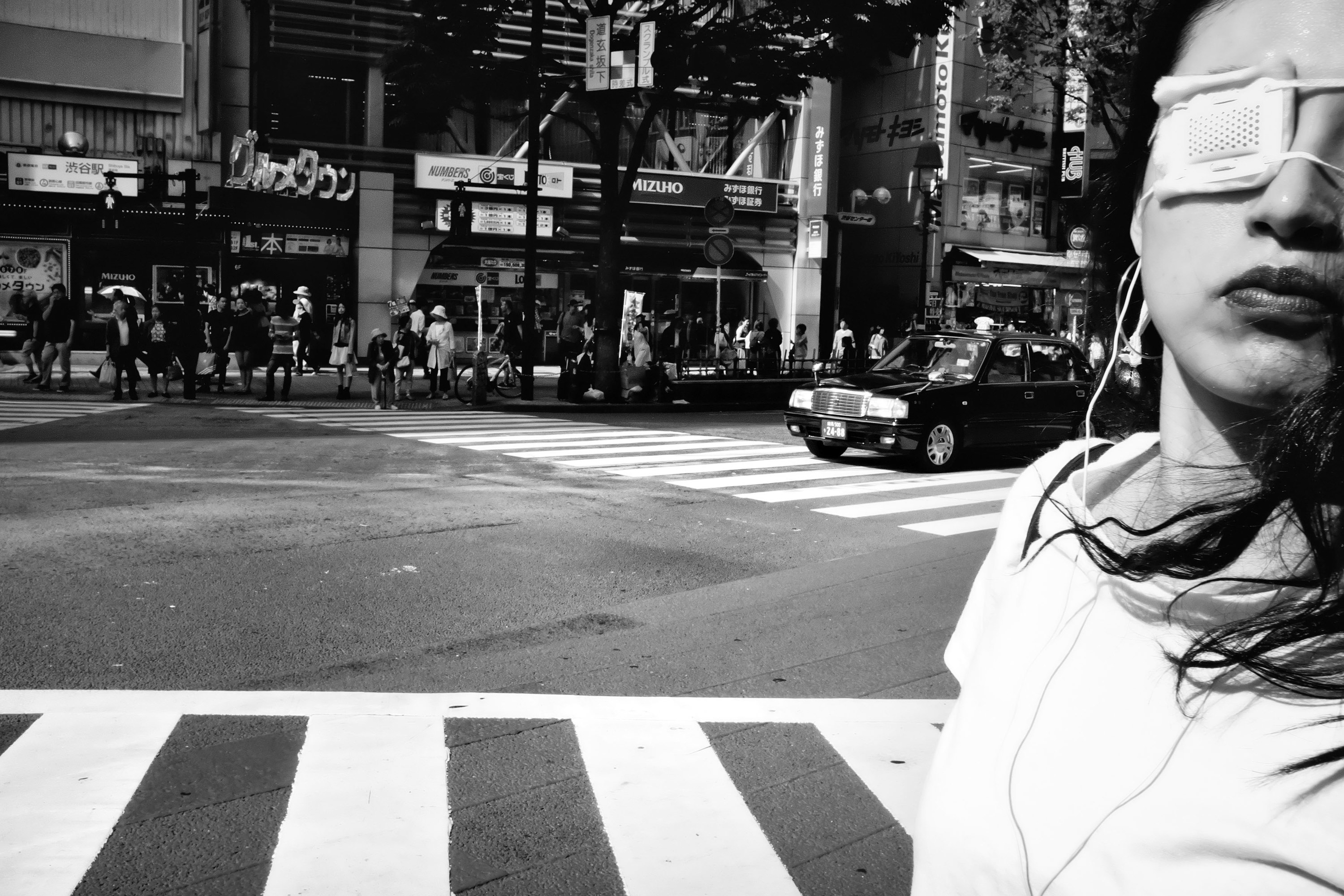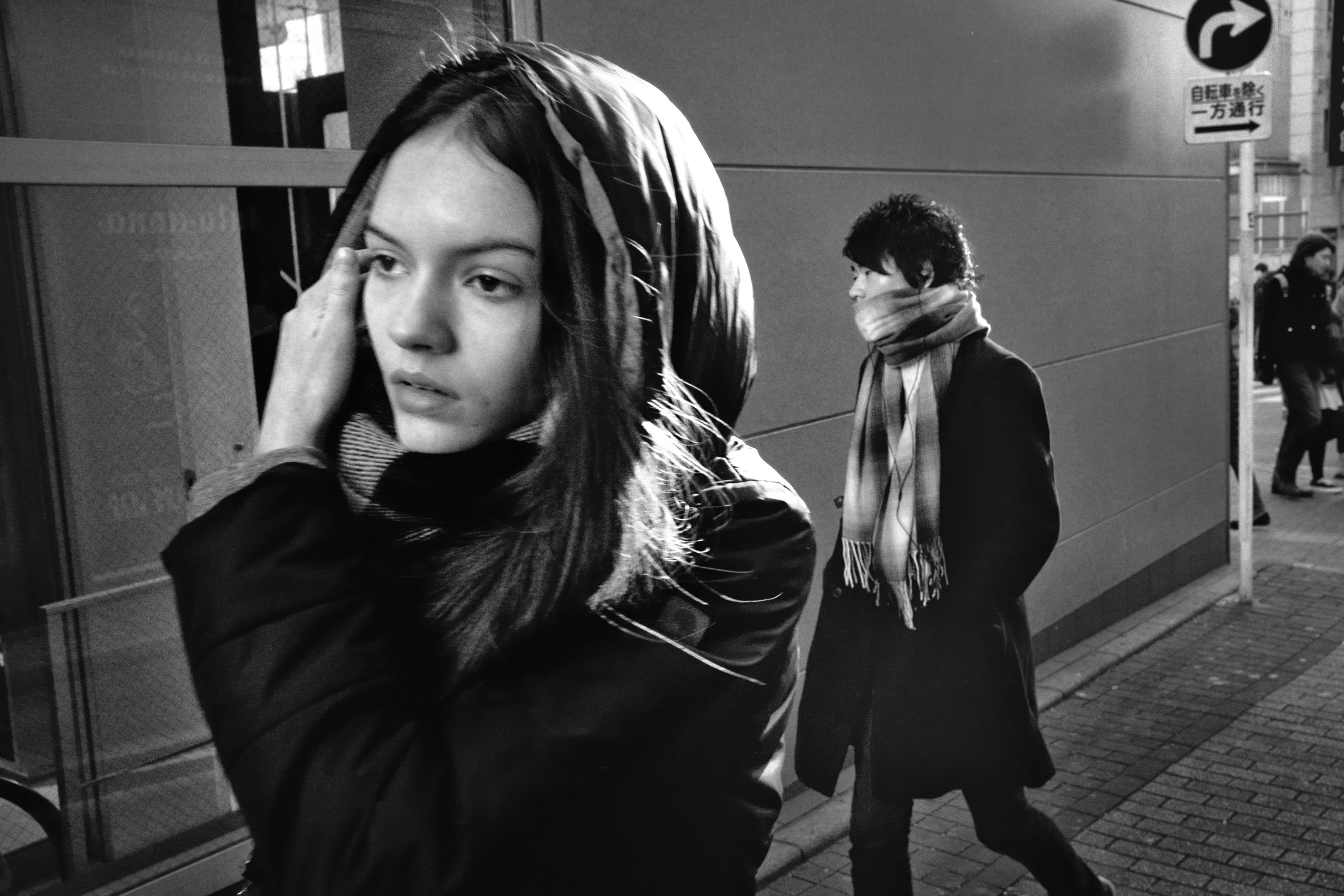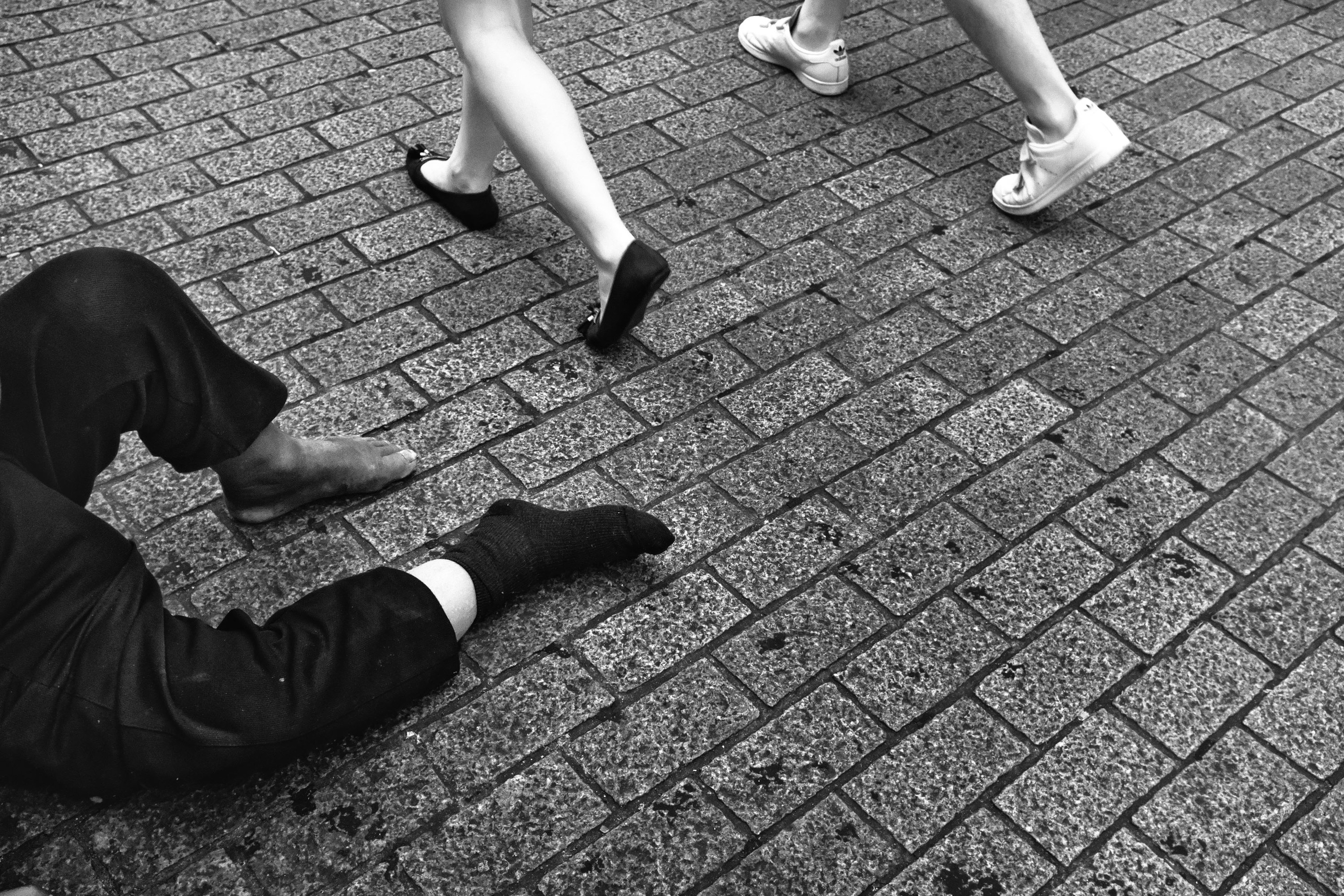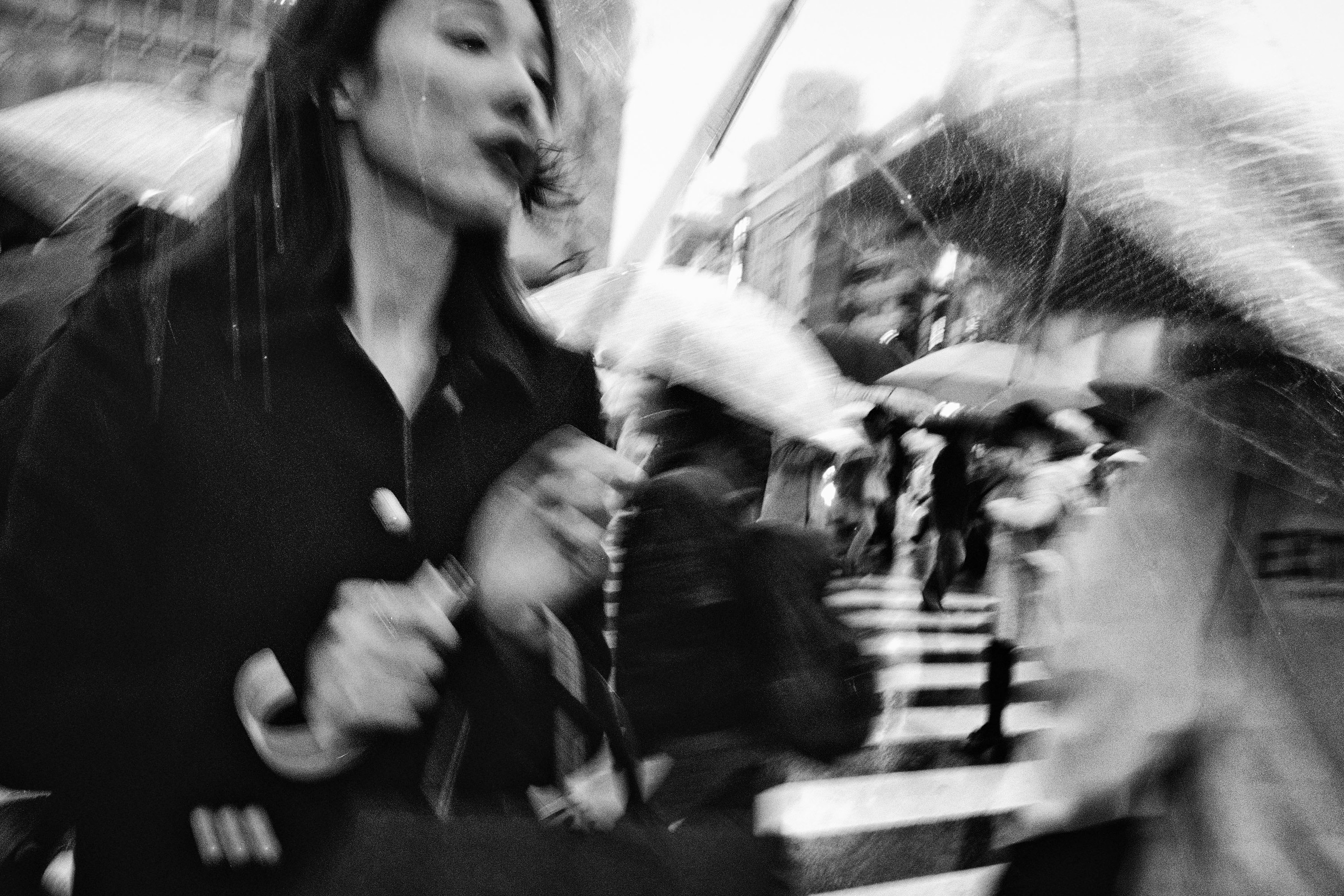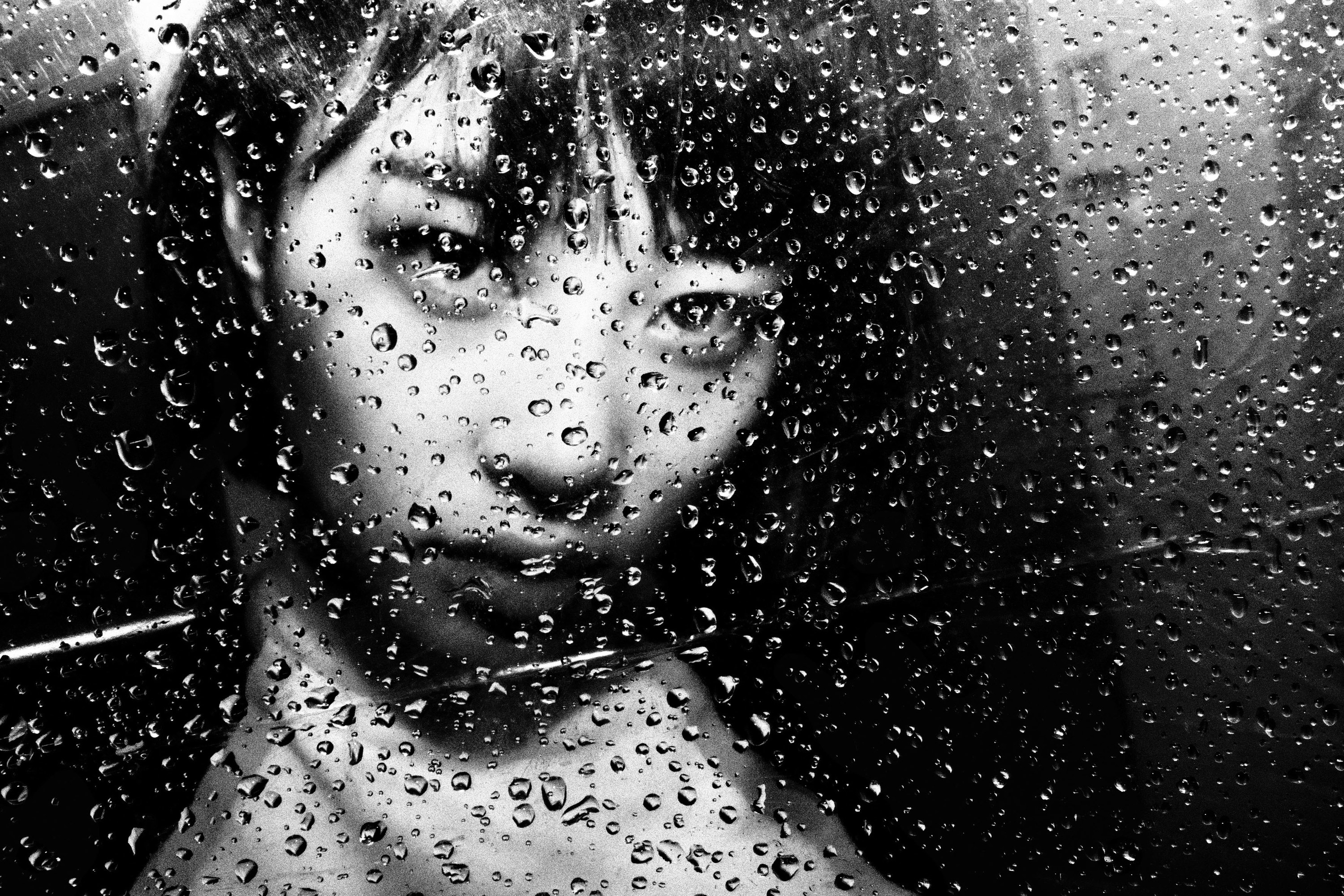
Tatsuo Suzuki is a Tokyo-based street photographer who took up photography in 2008, initially as a hobby. His haunting images of passersby display a keen eye for details and convey a totally unique view of Tokyo. Instead of showing the city as a type of post-futuristic playground, Suzuki's images have a punk rock feel to them — furtive, sharp, and raw. Suzuki has gained rapid distinction for his work and has a new book out called Friction/Tokyo Street, which has been recognized for the Steidl Book Award for Japan. "Through my own eyes … I would like to express the tension, the edged frustration, the taut atmosphere and the feelings that beat, inherent in the city," says Suzuki.
Can you talk about how you started out in photography?
It started for me — if I have time, I just shoot everything. Even with limited time, I go out so that I can shoot anything that fascinates me. I recognize that it’s a very good way to express my emotions. First anger, then speed, and the sole impressions, instinctive emotions.
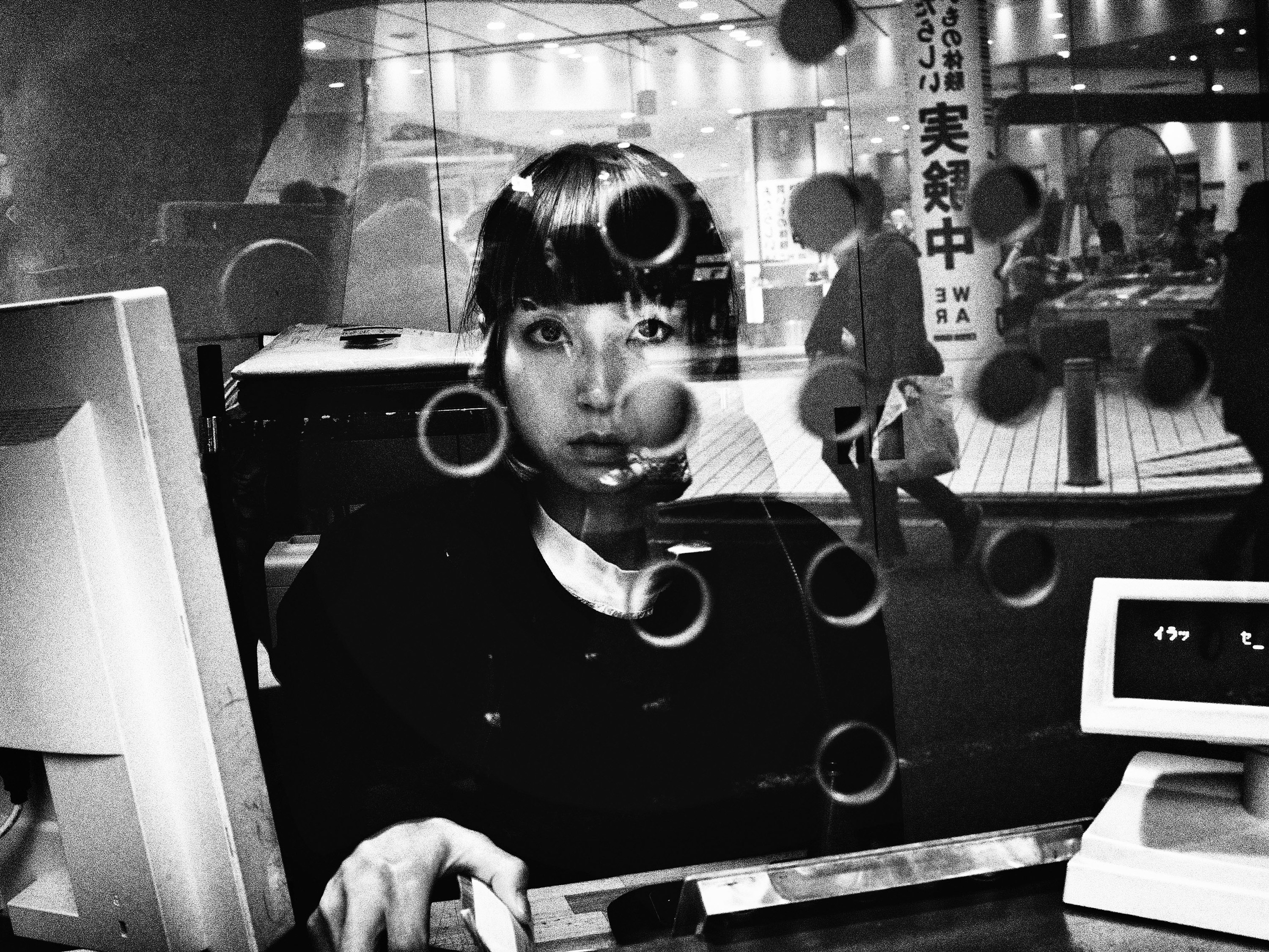
Is there one thing that you wish you knew when you started?
First of all, how to shoot, how to shoot people in the moment. I am not at all about a certain way, but I was struggling [with] how to shoot, how to shoot. I learned by myself. First I shoot on the street portraits. In the beginning, I photographed homeless people.
The reason why I photographed them is because they were the most eye-catching to me when I first went into the city. And I wanted to photograph them. Then I found out that they were having a lot of difficulties there. It's mainly their mental state. I noticed that many of them have some kind of mental illness in their minds. Life is tough.
Are you looking for themes when you photograph?
I’m looking for good moments. I am walking around the streets looking for the decisive moment. I want to catch the moment — it synchronizes my mind. It’s self-confrontation through my subjects, and it’s interrogating fragments of my encounters with different subjects.
There is almost no communication, but sometimes I will call out to people or I will ask people for permission for a portrait.
Do you have a favorite spot to take photos?
I don't know if I like Shibuya or not, but I am most familiar with it. This is because Shibuya was the closest place to go to the city since I was in college. It’s a busy, hustle and bustle street, but it’s interesting for me.
So far, shooting is always around, but I like it also near Shibuya. Tokyo is a very busy city, but I like to catch moments in the environment, in the eyes of the people that live there.
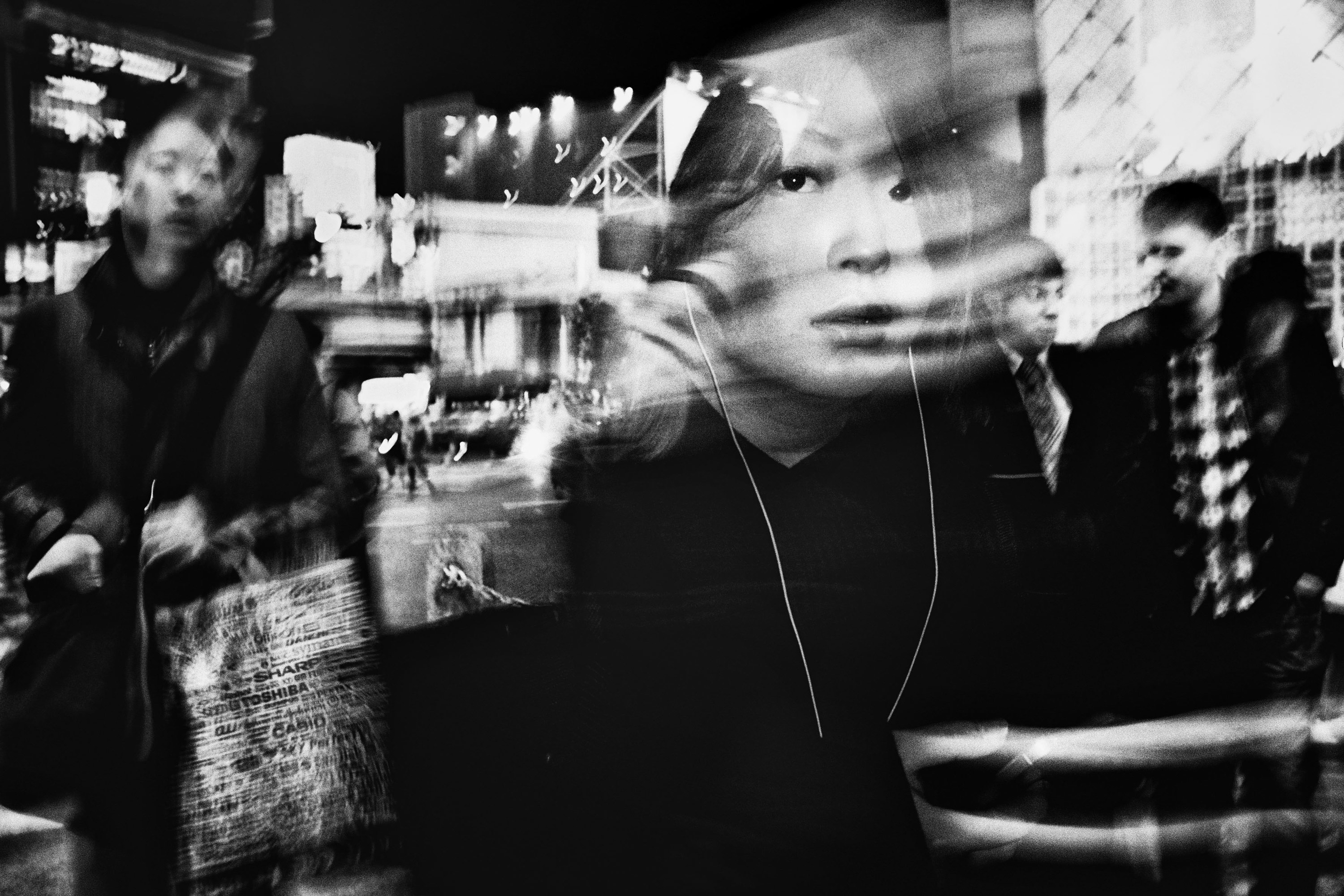
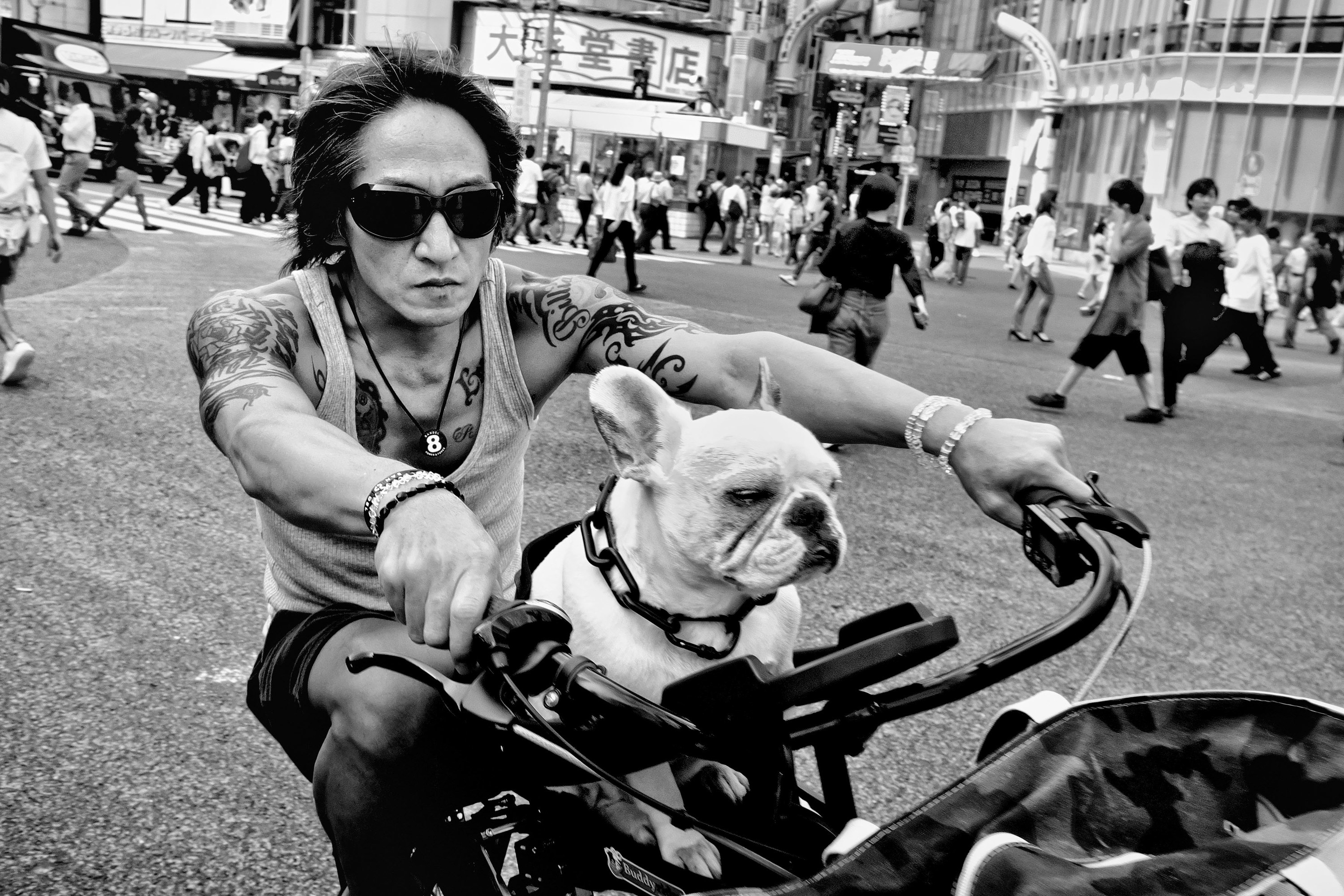
What is Void Tokyo?
I asked 11 photographers to join with managing the zine, Void Tokyo. The internet has a timeline and then it’s gone away, but a zine is a paper — it’s a way to keep images. It’s very important. I’m not teaching the members how to shoot. They are very good at shooting the streets. This is more about showing different perspectives of Tokyo. Tokyo is very complex, and showing the city through different eyes is very interesting.
We also do gallery shows at Koenji Clouds Art + Coffee Gallery.
What do you want people to learn about Tokyo?
It's my personal document, my pictures. So I would like people to feel something, feel emotions, and energy.
Can you talk about how playing music influenced your work?
I've been playing guitar and doing punk bands since my college days. But I got a job and forgot about those expressive activities. For 25 years, I’ve been working at Fujitsu Ltd, an IT company, in sales. But photography reminded me that music has been my friend since I was a child. In my photography, I also aim to capture the moments that embody the music I love. It's simple, solid, beatable, and fast.
Do you have a favorite image from this project?
The book cover shot. It is a portrait through a plastic umbrella, and she gave me a great look and I caught it. I think this shot expresses the essence of the book. It’s a powerful glare that talks about how Tokyo is gloomy. There’s uncertainty and the complete sense of the Tokyo streets.
